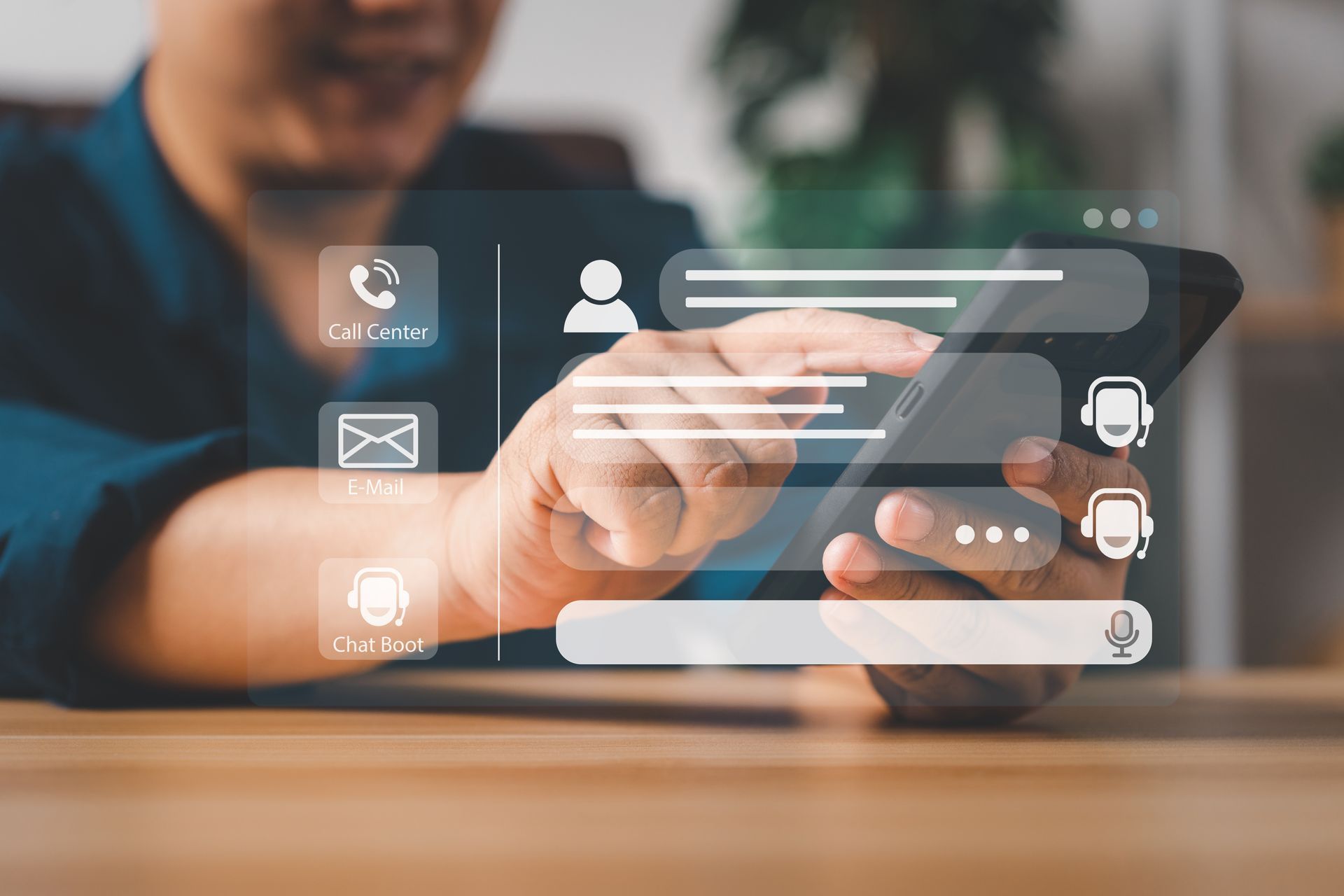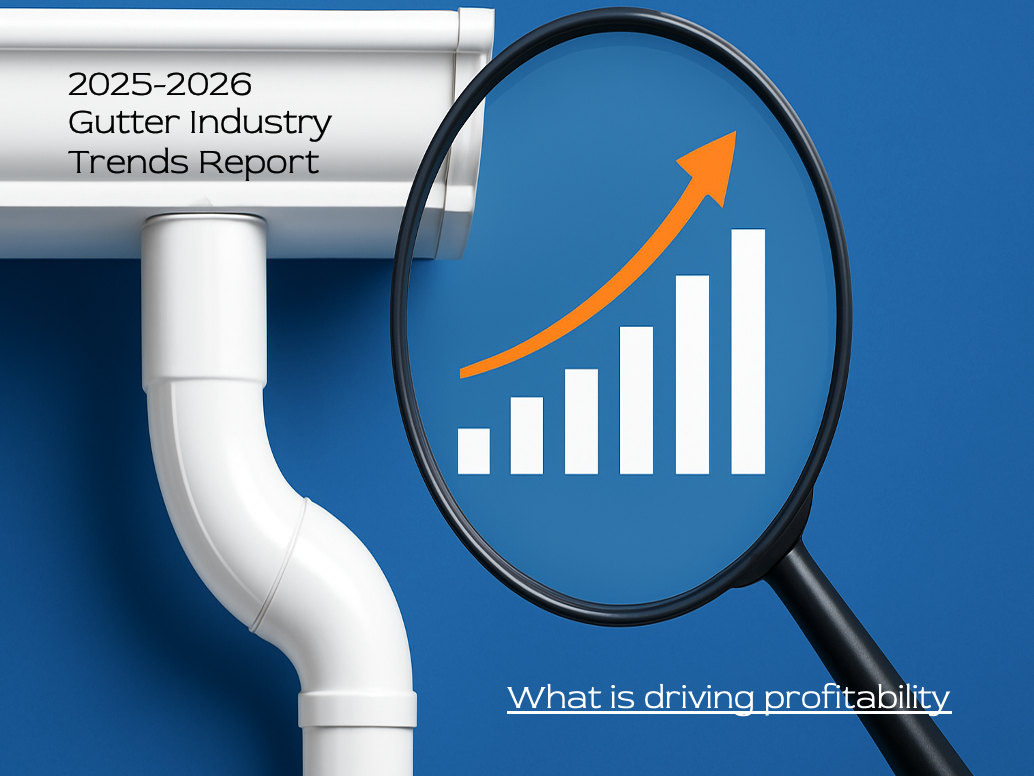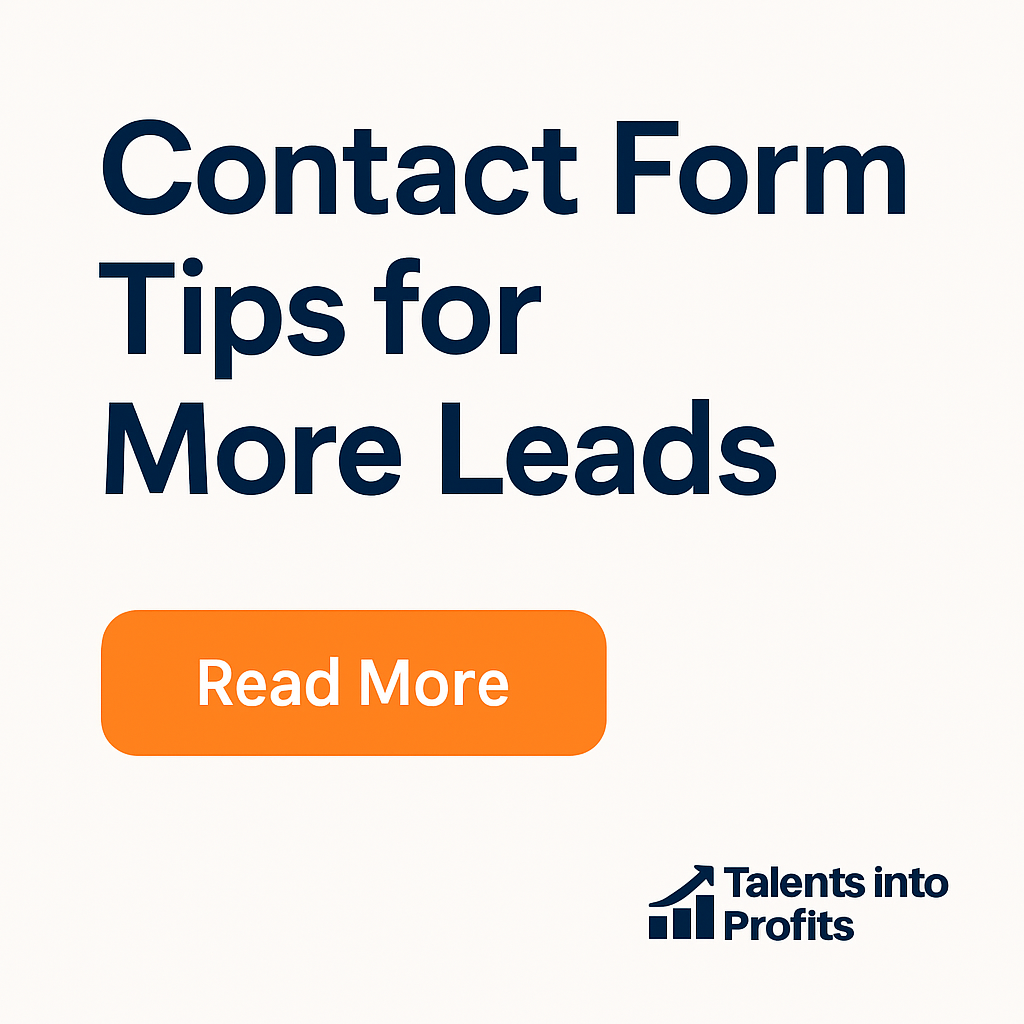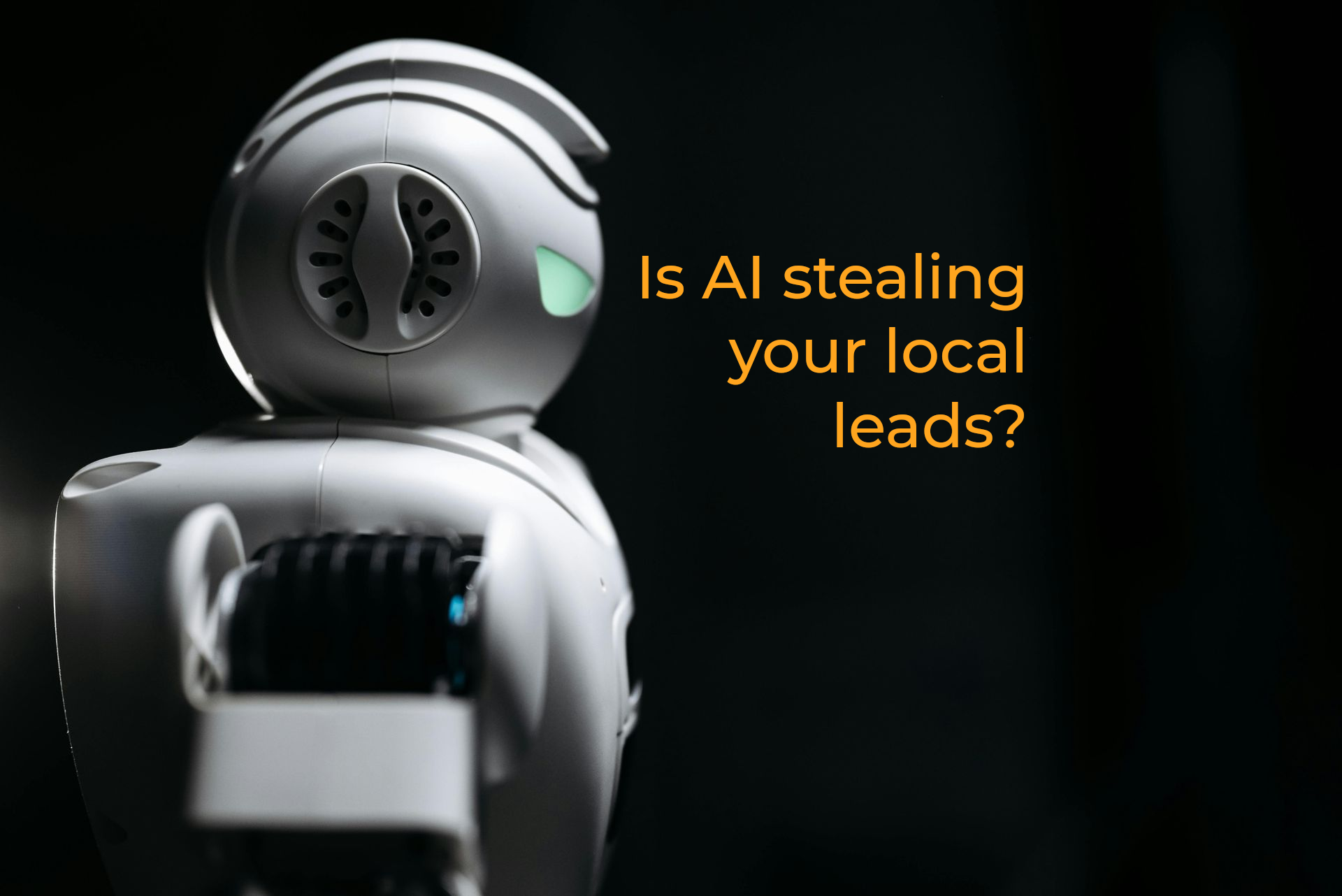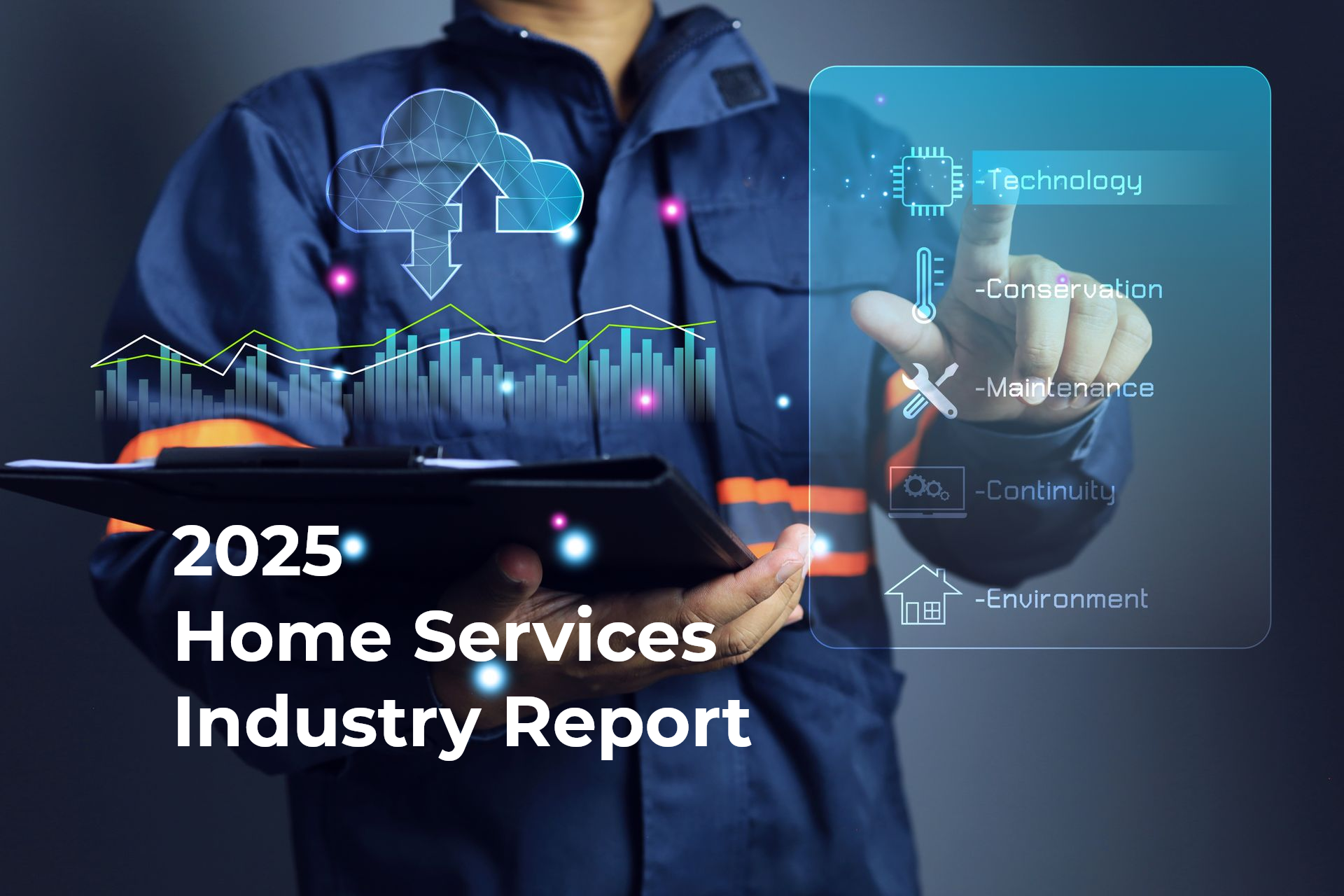What is an AI automation agency?
Will Schmidt - September 29, 2024
An AI automation agency helps you replace repetitive marketing, sales, and admin tasks with smart systems that think and act on your behalf. Instead of hiring more staff or juggling five different apps, AI connects the dots — saving hours, reducing costs, and driving more consistent leads. This article breaks down what AI automation agencies do, how they work, and how contractors and local business owners can use them to scale without burnout.
Sections and Topics
- What an AI Automation Agency Actually Does
- Why Contractors and Local Businesses Need Automation Now
- Real-World Examples of AI in Action
- What to Expect When Working With an AI Automation Agency
- Common Misconceptions About AI Automation
- How to Choose the Right AI Partner for Your Business
- Why AI Agencies Are the Future of Small-Business Growth
What does an AI automation actually help your business with?

An AI automation agency helps businesses use artificial intelligence to streamline day-to-day operations. Instead of manually entering data, scheduling follow-ups, or copying customer information from one tool to another, automation handles it all in the background. The agency sets up custom workflows so your marketing, customer service, and sales systems talk to each other.
Think of it as hiring a 24/7 digital assistant that never forgets, never sleeps, and never calls in sick. Whether it’s responding to leads, scheduling estimates, sending invoices, or managing reviews, automation makes it happen automatically. The agency’s job is to connect the right tools — like Google Workspace, Zapier, ChatGPT, CRMs, and project management apps — and train them to work together in real time.
Why Contractors and Local Businesses Need Automation Now
Contractors are some of the hardest-working business owners in America — but time is your most limited resource. Every hour you spend on admin is an hour not spent quoting jobs or managing crews. Automation solves this by cutting manual work and giving back your time.
A 2024 McKinsey study found that over 60% of small-business tasks can be partially or fully automated (McKinsey). Another report from Salesforce showed that 74% of small businesses using AI tools saw higher efficiency and fewer missed leads within six months (Salesforce). For contractors, this translates to faster lead response times, fewer lost opportunities, and less stress after hours.
In 2025, AI isn’t about robots taking over — it’s about getting your life back. Automation agencies specialize in making your existing business run smoother, not replacing your personal touch. The difference is that instead of doing every task yourself, your systems start doing the work for you.
Gutter Marketing - How to Get More Gutter Leads
Real-World Examples of AI in Action

AI automation is already changing how local businesses operate — especially in service trades like roofing, HVAC, plumbing, and construction.
Gutter company automation
A gutter company receives 20–40 leads a week from Google Ads and their website. Before automation, the owner had to manually text or email every new lead. After setting up an AI follow-up sequence, new inquiries now get a personalized message within 30 seconds — day or night. The result? Lead-to-appointment conversions increased by 38%.
Roofing Company Automation
A roofing contractor used to spend hours creating job quotes and follow-up emails. Their AI automation agency connected Google Sheets, Gmail, and their CRM so quotes send automatically after a site visit. The system then checks in 48 hours later with a reminder text if no reply is received. It now runs without human intervention, saving roughly 10 hours per week.
Landscaping Automation example
A landscape business implemented AI chat on its website that answers common questions, books consultations, and syncs with Google Calendar. In the first month, the chatbot booked 17 new appointments that would have otherwise required back-and-forth emails.
What to expect with an AI automation agency
How You Actually Do SCO
When you partner with an AI automation agency, the process typically starts with an audit of your current workflow — where time is being wasted, where data gets lost, and which tools aren’t connected. From there, the agency builds a step-by-step automation plan tailored to your business.
Expect them to:
Identify repeatable tasks (lead follow-up, reminders, scheduling).
Choose or integrate tools like Zapier, Google Workspace, or CRM systems.
Set up automations that connect these tools seamlessly.
Train your team to use the new workflows confidently.
In most cases, you’ll start seeing results within 2–4 weeks. Tasks that used to take hours become instant. Client onboarding, estimates, billing, and review requests all run on autopilot — and you get full visibility through dashboards and reports. The goal isn’t to reinvent your business, but to help you do what you already do — faster, cleaner, and cheaper.
Biggest misconceptions about AI Automation agencies

Key Metrics to Track
“AI is too expensive for small businesses.”
Not anymore. Cloud-based tools and agencies have made automation affordable even for solo contractors. Many projects cost less than hiring one part-time employee.
“AI will replace my staff.”
Wrong. Automation doesn’t replace people — it removes repetitive work so your team can focus on higher-value tasks like customer service, estimates, or project management. In fact, many businesses use AI to reduce burnout and turnover.
“AI requires complicated coding.”
Modern automation platforms use visual builders with no code required. Your agency handles setup and integration, and you simply approve the process flow. If you can use Google Drive, you can use AI automation systems.
“It’s only for big companies.”
Actually, small contractors and local businesses often see the fastest ROI because they have less bureaucracy and can adapt quicker. Automating 10 hours of manual work per week can have a bigger financial impact than any paid ad campaign.
How to choose the right AI automation company

5 things every good automation company does
Choosing the right AI automation agency comes down to experience, customization, and ongoing support. You don’t want a generic tech vendor — you want a partner who understands your industry. Explore each of the top 5 things you should see in an AI automation agency, and if you don't see them, find another vendor or partner.
Industry Knowledge
Every industry operates differently, and the right AI automation agency should know your world inside and out. Home service businesses like roofing, plumbing, or landscaping have very different customer flows than law firms or e-commerce stores. Your agency should understand scheduling, estimates, dispatching, reviews, and lead follow-ups specific to service trades. This ensures your automations feel natural to your workflow, not forced or overly technical.
Tool or Platform Expertise
A qualified agency should already know the tools you use every day — from Google Workspace and CRMs to project management apps and online forms. Their job is to make these tools talk to each other seamlessly, so you spend less time clicking between tabs. Ask if they’ve built automations for platforms like Zapier, Notion, or Duda, since these are common in modern business operations. True experts won’t just connect tools; they’ll optimize how each one supports your team.
Custom Automations
Avoid any agency that tries to sell you a “standard package.” Every business has unique goals, team sizes, and customer types, so automation should match that reality. Custom automations ensure your system reflects your daily routine — not someone else’s template. Whether you need automated estimate reminders, review requests, or scheduling workflows, your setup should be built from the ground up around how you work.
Clear Reporting
If you can’t measure it, you can’t manage it. The right agency will give you clear reporting that shows where your time and money are being saved. You should be able to see how many hours automation has replaced, how many leads it helped close, and how it improved your response time. Transparent dashboards and monthly updates make it easy to track ROI and spot opportunities for even more efficiency.
Training and Support
Automation is only valuable if your team knows how to use it confidently. A good agency will provide walkthroughs, video tutorials, and easy-to-follow documentation so you’re never left guessing. After launch, they should offer quick troubleshooting and ongoing optimization as your business grows. The best agencies act like long-term partners, not just tech installers — guiding you every step of the way.
AI Automation Agencies Pricing and Terms

AI automation pricing is more affordable than most contractors expect. You’ll usually pay a one-time setup fee to design your custom workflows, followed by a simple monthly subscription that keeps everything running. Most plans are flexible, month-to-month, and deliver measurable time savings within the first 30–60 days.
1-time upfront costs explained
Most AI automation agencies charge a one-time setup fee that covers discovery, workflow mapping, and the initial build-out of your automations. For local businesses and contractors, this setup typically ranges from $1,500 to $5,000, depending on the number of tools, workflows, and integrations involved. Smaller operations—like a single-location roofing or landscaping company—usually start on the lower end, while multi-location service providers or those wanting advanced automations (CRM, Google Workspace, AI chatbots, or marketing systems) land toward the higher side. This setup is similar to the cost of building a new website—but instead of designing a site, you’re designing your business systems.
Monthly costs explained
After setup, AI automation agencies generally work on a Software-as-a-Service (SaaS) model. This means you pay a fixed monthly fee to keep your automations running, updated, and supported. Monthly costs for small businesses and contractors typically fall between $299 and $999 per month, depending on how many automations are active and which platforms are being managed. This fee usually includes hosting, system monitoring, updates to integrations, and ongoing optimization as your business evolves. Compared to hiring even one part-time admin, the ROI is significant—AI runs 24/7, scales instantly, and never misses a task.
AI Automation Agency terms
Most agencies operate on month-to-month terms once the initial setup is complete, giving small businesses flexibility without long contracts. However, some agencies offer discounted 6- or 12-month plans for clients who want to commit and lock in lower rates. Unlike traditional marketing retainers that require long commitments, AI automation partnerships are performance-based—you’ll typically see efficiency gains and time savings within the first 30 to 60 days. The goal is to make the system so seamless that you’ll want to stay subscribed, not feel locked in.
Are you ready for AI automation for sales and marketing?
AI automation isn’t just about saving time — it’s about creating a system that generates leads, follows up instantly, and keeps your sales pipeline full while you focus on running the business. Whether you need smarter marketing automation, faster lead response, or seamless sales workflows, the right setup can transform how your company operates in just weeks.
If you’re ready to scale without adding staff or stress, book a free consultation with Talents Into Profits today. We’ll design a custom AI automation system that handles your marketing, sales, and follow-up automatically — so your business works smarter, 24/7.
Subscribe to Blog
Sign up to get industry insights, trends, and more in your inbox.
Contact Us
We will get back to you as soon as possible.
Please try again later.
Book Free Consult
Join me for a 30-45 minute call to review how to grow your contractor business faster, more affordably, and easier.
SHARE THIS





